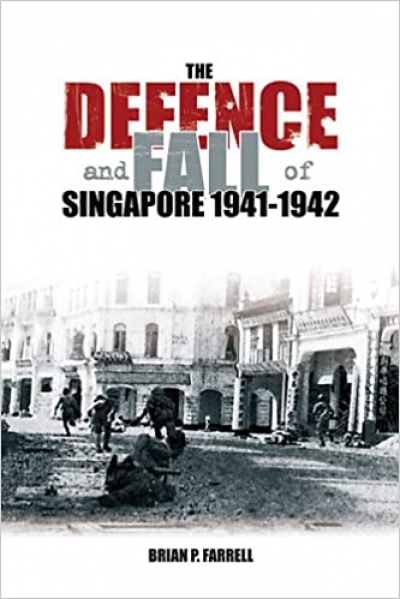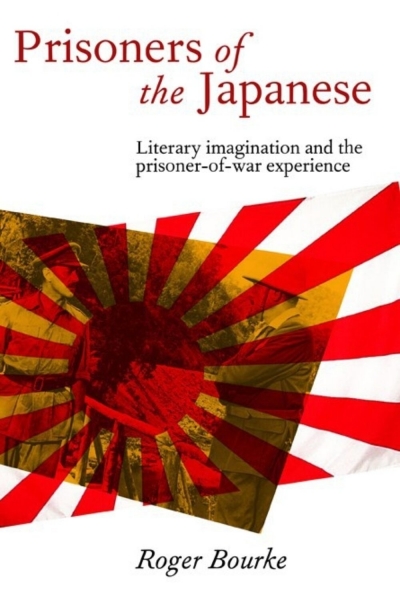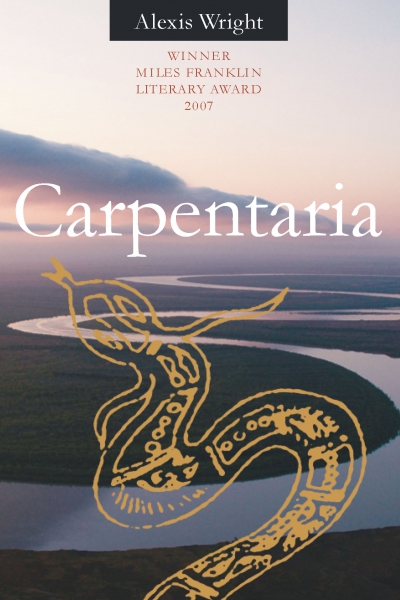Archive
The Defence and Fall of Singapore 1940–1942 by Brian P. F & Singapore Burning by Colin Smith
by John Coates •
Prisoners of the Japanese: Literary imagination and the prisoner-of-war experience by Roger Bourke
by Peter Pierce •
Self-Portrait of Percy Grainger edited by Malcolm Gillies, David Pear, and Mark Carroll & Facing Percy Grainger edited by David Pear
by Michael Shmith •
Surprise, surprise
This year’s inclusion of two Australian novels on the Man Booker Prize shortlist is a rare event, but no one was more surprised than one of the authors, M.J. Hyland, listed for Carry Me Down. Hyland went along to the dinner to support her friend Andrew O’Hagan, who was widely expected to make the final list for Be Near Me. Hyland was amazed to find herself on the shortlist. O’Hagan was not shortlisted. Nor were several other fancied contenders, including Nadine Gordimer, David Mitchell and Peter Carey, whose Theft: A Love Story seems to be the work of a novelist at the height of his powers.
... (read more)









